Jimmy Carter Biography
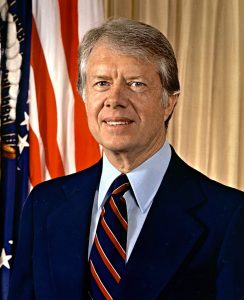
- 39th President of the United States
- Years Served as President: 1977-1981
- Vice President: Walter Mondale
- Party: Democrat
- Age at Inauguration: 52
- Home State: Georgia
- Date of Birth: October 1, 1924
- Married: Rosalynn Smith
- Children: Amy, John, James, Donnel
- Nickname: Jimmy
What is Jimmy Carter known for?
Jimmy (James) Carter is known for being the president of the United States during a challenging time that included an energy crisis, rising inflation, and high unemployment.

He was also the first president from the Deep South in more than a century.
Early Life
James “Jimmy” Carter was born in the small town of Plains, Georgia in 1924. He was the first of four children. His parents, Earl and Lillian, owned a peanut farm, warehouse, and store.
Before her children were born, Lillian had been a nurse. Later, she continued to counsel women about health care. Although Georgia was strictly segregated at the time, Lillian also counseled African American women.
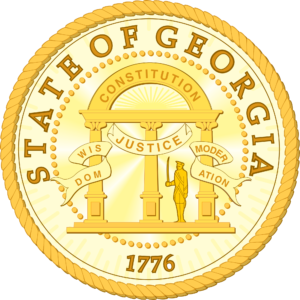
Growing up, Jimmy worked in the family store. He enjoyed sports, especially baseball and basketball. He was a good student who graduated as the valedictorian of his high school in 1941.
Jimmy then attended the U.S. Naval Academy at Annapolis, inspired by an uncle he admired in the Navy. He graduated in the top ten percent of his class in 1946, just after the end of World War II.
Family Life
The same year he graduated, Jimmy married Rosalynn Smith, a friend of his sister’s. Jimmy and Rosalynn had met before his last year at Annapolis.
Both Jimmy and Rosalynn worked hard, enjoyed conversations about policy and politics, and were unpretentious. In the White House, they cut back on spending and glamor.
They eventually had three sons and a daughter.
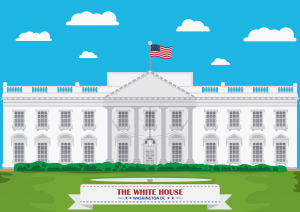
Military and Political Career
After graduating from the Naval Academy, Carter joined the U.S. Navy’s submarine service. He helped work on the Navy’s first nuclear-powered submarines.
When his father died in 1953, Carter resigned from the Navy and returned to Plains to help manage the family business.
While managing the store and farm, Carter also became involved in local politics. His first political position was as the chairman for the Sumter County Board of Education.
In 1962, Carter was elected to the Georgia State Senate. After losing the election for governor in 1966, Carter was elected the governor of Georgia in 1970.
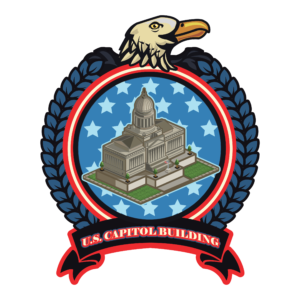
He became known as one of the “New Southern Governors.” Carter hired minorities into government positions, called for an end to racial segregation, and cut government spending.
In 1974, Carter announced that he would run for president. He was mostly unknown, but this ended up working in his favor. After the Vietnam War and the Watergate scandal, people wanted someone new from outside of Washington.
Carter was viewed as an outsider who would “clean up the mess in Washington.” After a determined campaign, he won the 1976 election and became the 39th president of the United States.
Presidency
As president, Carter carried himself like a “man of the people.” He dressed and spoke casually. He drove a smaller presidential limo and retired the presidential yacht from service.
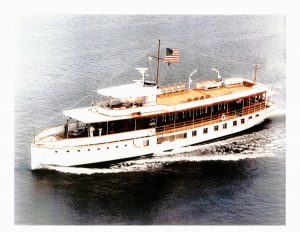
Carter also included many women and minorities in his cabinet, and he introduced several programs for economic and social reform. However, Congress blocked many of his proposals.
The economy struggled during Carter’s presidency, with high inflation and high unemployment. There was also a gas shortage that caused people to line up for hours to put gas in their cars.
Many people blamed him for these problems.

Carter did have several important accomplishments, including:
- Establishing the Department of Energy and the Department of Education.
- Pardoning citizens who had refused to fight in the Vietnam War.
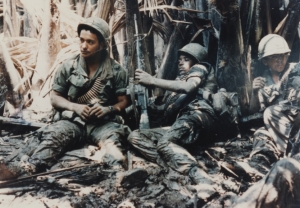
- Negotiating two U.S. treaties with Panama.
- Reopening diplomatic relations between the United States and China.
- Negotiating peace between Egypt and Israel through a treaty called the Camp David Accords. The two nations had been in a state of war since Israel was founded in 1948, and they have been at peace ever since.
Iran Hostage Crisis
In November of 1979, a mob of Iranian students took 52 Americans hostages from the U.S. embassy in Tehran.
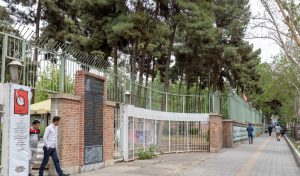
Carter tried to negotiate the release of the hostages for more than a year, and he also tried a rescue mission. These efforts failed, which caused the American people to judge Carter as weak and ineffective.
In the 1980 election, Carter lost to Ronald Reagan, a former actor and the governor of California.
After the Presidency
Since leaving the White House, Carter has contributed to many charitable causes and become a champion of human rights. Many citizens and historians view him as the ideal model of a former president.

He established the Carter Presidential Center in 1982, which is devoted to addressing issues related to human rights and democracy. He has also worked with Habitat for Humanity, which builds houses for underprivileged people worldwide.
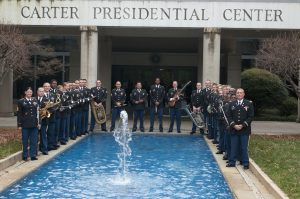
Carter has also helped resolve disagreements between several countries and negotiated for peace. In 1994, for example, he negotiated with North Korea to end their nuclear weapons program.
Carter also served as a professor at Emory University and has written several books. In 2002, he was awarded the Nobel Peace Prize.
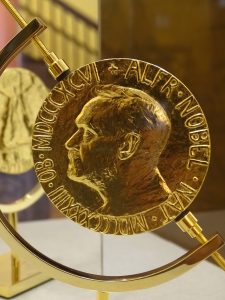
Fun Facts About Jimmy Carter
Jimmy Carter was the first president born in a hospital.
He was the first person to graduate from high school from his father’s side of the family.
When he was ten, Jimmy started selling produce from his family’s farm in town. By age 13, he had saved enough money to buy five houses in the area. These houses were rented out to other families.
While in Bermuda with the Navy, a group of British officials invited Carter and only other white crew members to a party. At Carter’s suggestion, the entire submarine crew refused to attend.
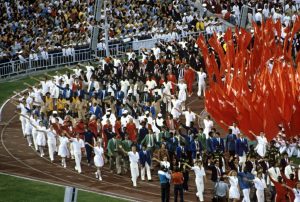
After the Soviet Union invaded Afghanistan, Carter protested by having the United States boycott the 1980 Summer Olympics.
Carter has often criticized the decisions of current presidents, something most former presidents choose not to do.
